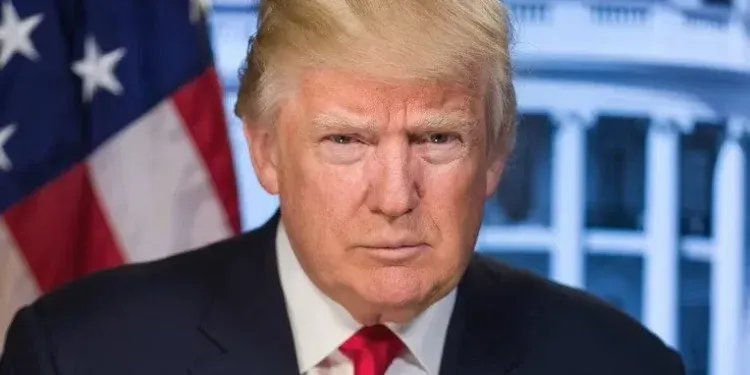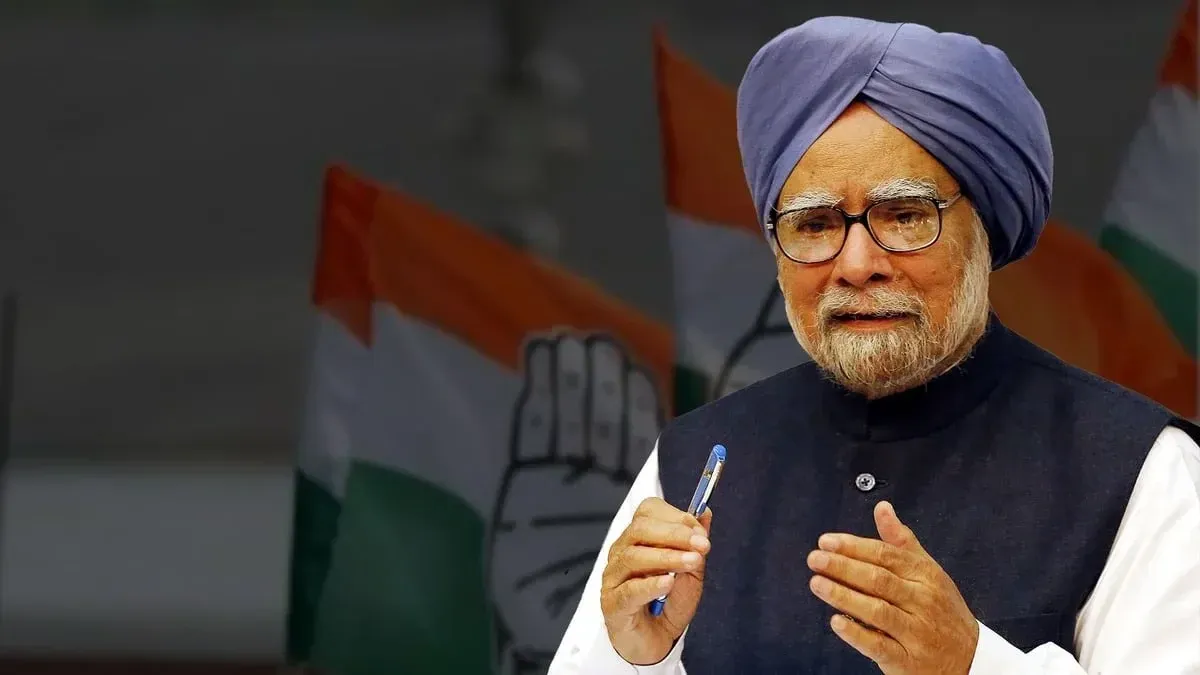WASHINGTON D.C./SEOUL: US President Donald Trump has provoked widespread global criticism and fears of a renewed nuclear arms race after issuing a surprise directive to resume American nuclear weapons testing. The announcement, made on social media just before a summit with Chinese leader Xi Jinping in South Korea, ends a voluntary US moratorium on nuclear test explosions that has been in place since 1992.
Trump justified the move by claiming the United States must match testing programs by “other countries,” specifically citing recent Russian drills involving nuclear-capable cruise missiles and sea drones. He stated he has “instructed the Department of War to start testing our Nuclear Weapons on an equal basis.” The nature of the testing—whether it involves systems checks or full test explosions—remained officially unclear, though the latter would reverse three decades of restraint.
International Condemnation and Treaty Concerns:
The directive drew immediate and sharp condemnation from global bodies and rival states:
- United Nations: UN chief Antonio Guterres declared that “nuclear testing can never be permitted under any circumstances,” affirming the global non-proliferation norm.
- China: Foreign ministry spokesman Guo Jiakun urged the US to “earnestly abide” by the global nuclear testing ban.
- Iran: Foreign Minister Abbas Araghchi labeled the directive “regressive and irresponsible” and a threat from a “nuclear-armed bully.”
- Japan: The Nobel Peace Prize-winning group of atomic bomb survivors, Nihon Hidankyo, sent a letter of protest to the US embassy, calling the action “utterly unacceptable.”
Russia’s Skepticism and Warning:
The Kremlin, whose recent military drills prompted the US action, questioned Trump’s information. Russian spokesman Dmitry Peskov clarified that the recent exercises “cannot in any way be interpreted as a nuclear test.” He then implied that Russia would conduct its own live warhead tests if the US resumes explosive testing first, stating, “If someone departs from the moratorium, Russia will act accordingly.”
US Rationale and Statistics:
US Vice President JD Vance defended the order, arguing that the nuclear arsenal needed testing to ensure it “functions properly,” but provided no further details.
Trump also repeated his desire for negotiations with Russia and China on reducing nuclear weapons, saying, “Denuclearization would be a tremendous thing.” However, the US announcement risks undermining the Comprehensive Nuclear-Test-Ban Treaty (CTBT), which the US signed in 1996 but never ratified.
The last US nuclear test explosion occurred in September 1992. SIPRI’s latest report indicates Russia possesses 5,489 nuclear warheads compared to 5,177 for the US and 600 for China, contradicting Trump’s claim that the US has more than any other country.







